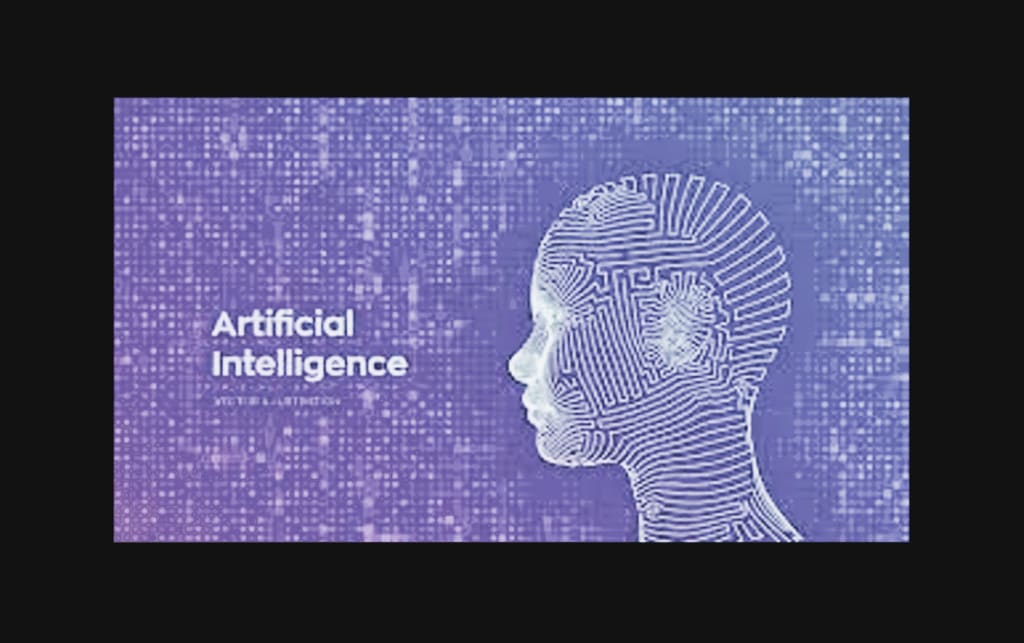AI In Education
Re-Shaping The Future of Learning

Introduction
Education is enduring a profound transformation in the digital age, with technology at the forefront of this revolution. Artificial Intelligence (AI), one of the most innovative technologies, is reshaping the landscape of education. AI is empowering both educators and students through personalized learning experiences and innovative teaching methods. This article explores how AI is shaping the future of education, heralding in adaptive, interactive, and immersive learning environments.
Personalized Learning: Unleashing Every Student's Potential
In education, one size does not suit all, and AI recognizes this fundamental truth. Analyzing students' strengths, weaknesses, and learning styles, AI-powered learning platforms can customize educational content to satisfy their specific requirements. This individualized strategy maximizes student engagement, fosters a deeper comprehension of subjects, and enables each student to realize his or her full potential.
Intelligent Content Curation: Designing the Ideal Learning Journey
By identifying and organizing educational resources in accordance with individual learning objectives, AI algorithms are elevating content curation to new heights. From interactive videos to gamified quizzes, AI-powered platforms offer a wide variety of learning materials that appeal to students' interests and preferred learning styles.
Intelligent Tutoring Systems: Your Learning Companion Around-the-Clock
The days of struggling with assignments alone are over. Intelligent Tutoring Systems (ITS) fueled by AI serve as personal learning companions, providing students with immediate assistance and feedback. ITS can identify areas in which students require additional assistance and provide step-by-step instructions and explanations to reinforce learning.
Redefining Evaluation: Objective and Data-Driven Assessment
AI has transformed the evaluation process by introducing data-driven evaluation techniques. Automated assessment systems can analyze student responses, essays, and projects in order to provide objective feedback and eliminate bias. This strategy enables educators to focus on student development and originality, thereby enhancing the learning experience.
Navigating Adaptive Learning Paths: The Learning Journey
Adaptive learning platforms use AI to modify the difficulty and tempo of learning materials based on the progress of the student. The platform adapts as students master concepts, presenting them with increasingly difficult assignments to keep them engaged and motivated. This dynamic learning process guarantees that students are neither overloaded nor bored, striking the ideal equilibrium for effective learning.
AI-driven Classroom Administration: Enhancing Teacher Productivity
AI empowers not only pupils, but also instructors. AI-powered classroom management tools aid instructors in organizing lesson plans, identifying students with learning difficulties, and optimizing classroom dynamics. This allows instructors more time to focus on delivering engaging and interactive lessons.
AI-driven Language Learning: Overcoming Language Barriers
Applications powered by artificial intelligence make language acquisition simpler and more accessible. Through speech recognition and interactive exercises, students can gain confidence in their ability to communicate and comprehend foreign languages. This technology facilitates cultural exchange and global connections.
Feedback and Grading Powered by AI: Rapid and Insightful Evaluation
Grading and providing feedback on student work has traditionally been time-consuming for educators. AI-powered grading systems provide quick and insightful evaluations, allowing teachers to concentrate on providing students with personalized feedback and fostering a growth mindset.
The Impact of Augmented and Virtual Reality on Learning Environments
The integration of AI with augmented and virtual reality technologies produces immersive learning environments. Students can investigate historical events, travel to distant locations, and even observe microscopic organisms in action without leaving their classrooms. This approach to interactive learning enhances comprehension and makes learning memorable.
Preparing Students for the Future: Tomorrow's Skills
Beyond academics, AI in education equips students with indispensable future skills. Students must understand AI principles, data literacy, and critical thinking as AI becomes increasingly prevalent in the workforce. Integrating AI education into curriculum ensures that students are prepared for the future in an era of digital transformation.
Conclusion
AI is transforming the future of education by developing an ecosystem that is learner-centric, adaptive, and interactive. From personalized learning to AI-driven classroom management, technology is empowering educators and students to realize their complete potential. Accepting AI's potential in education unleashes a universe of opportunities, preparing students for the challenges and opportunities of the future. Inspiring a generation of learners who are future-ready and equipped to shape the world, education transcends borders as we embark on this transformative voyage.
About the Creator
iamVernetta
Hello All
I am Vernetta and I love creating!






Comments
There are no comments for this story
Be the first to respond and start the conversation.